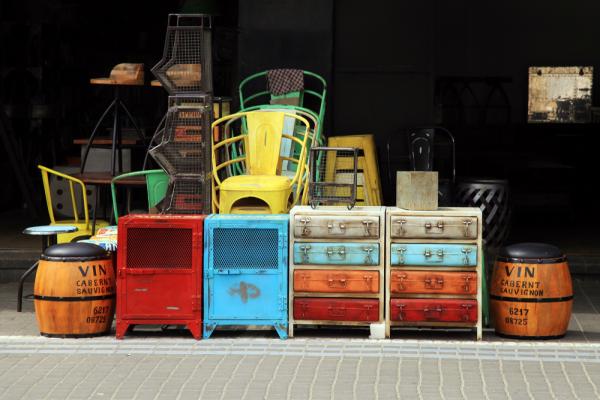Sep 28, 2016
The next time you buy used, repurpose, or forgo, remember: Frugality isn’t just to build up your bank account for a later day (though that can be great, too). In your daily economic liturgies, your heart is being formed. You are becoming what you love. And global systems are being questioned — perhaps, even, over time, re-created.
Read the Full Article

Already a subscriber? Login
